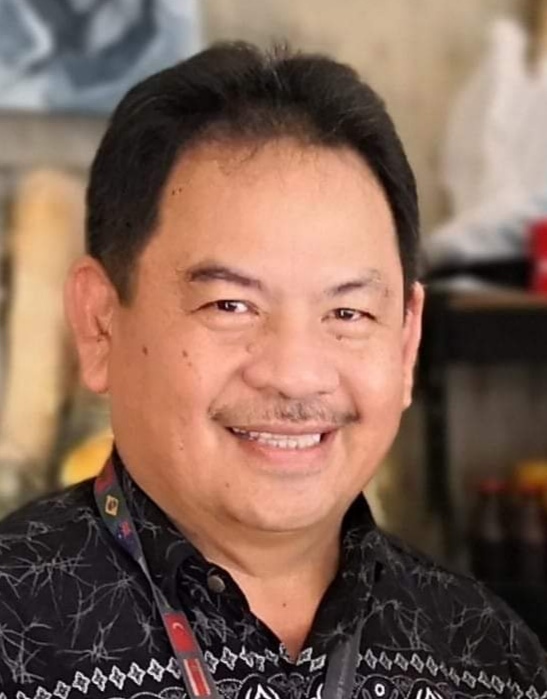KOTA KINABALU: The circular from the Deputy Director General of Education Malaysia on Palestine Solidarity has ignited concerns across Malaysia, but the need for Sabah and Sarawak to reject this directive is particularly noteworthy.
Parti Kesejahteraan Demokratik Masyarakat (KDM) secretary general, Dr. Gaim James Lunkapis, said these two states, located on the island of Borneo, have unique cultural, political, and historical backgrounds that distinguish them from the peninsular part of Malaysia.
“Given these distinctions, it becomes crucial for schools in Sabah and Sarawak to safeguard their identity and values, which are best preserved in a neutral and inclusive educational environment,” he said in a statement here today.
Gaim asserted that Sabah and Sarawak have a rich tapestry of cultural diversity, with indigenous populations and a history of indigenous rights movements.
“By introducing Palestine Solidarity, a politically charged topic, into the classroom, there’s a risk of undermining the cultural sensitivity of these states.
“Education in Sabah and Sarawak should prioritise preserving and celebrating their rich cultural heritage rather than subjecting students to divisive political debates that may not align with their unique values and priorities,” he said.
Moreover, Gaim said the political dynamics in Sabah and Sarawak differ from the peninsular states, as both states have a history of advocating for greater autonomy within the Malaysian federation.
As such, he said the introduction of politically charged topics might be perceived as an infringement on their desire to maintain a balanced and harmonious relationship with the federal government.
“It’s important to respect their political aspirations and allow education in these states to focus on their unique identity and regional needs.
“By rejecting this directive, Sabah and Sarawak can ensure that schools remain the neutral and inclusive environments they should be,” he added.
According to him, these states, with their distinctive histories and cultural mosaics, should prioritise education as a means to foster unity, respect, and the cultivation of good values.
“The introduction of divisive political elements threatens this goal by potentially causing conflict and tension among students and teachers with differing opinions,” he said.
Therefore, Gaim said Sabah and Sarawak should reject the circular on Palatine Solidarity to protect their unique cultural and political identity.
“Education in these states should be a reflection of their distinct values and historical context, not a platform for divisive political debates.u
“By safeguarding their neutral and inclusive educational environments, Sabah and Sarawak can better preserve their cultural heritage and ensure that students have the opportunity to gain knowledge and cultivate good values in a way that respects their regional identity and aspirations,” he said.


